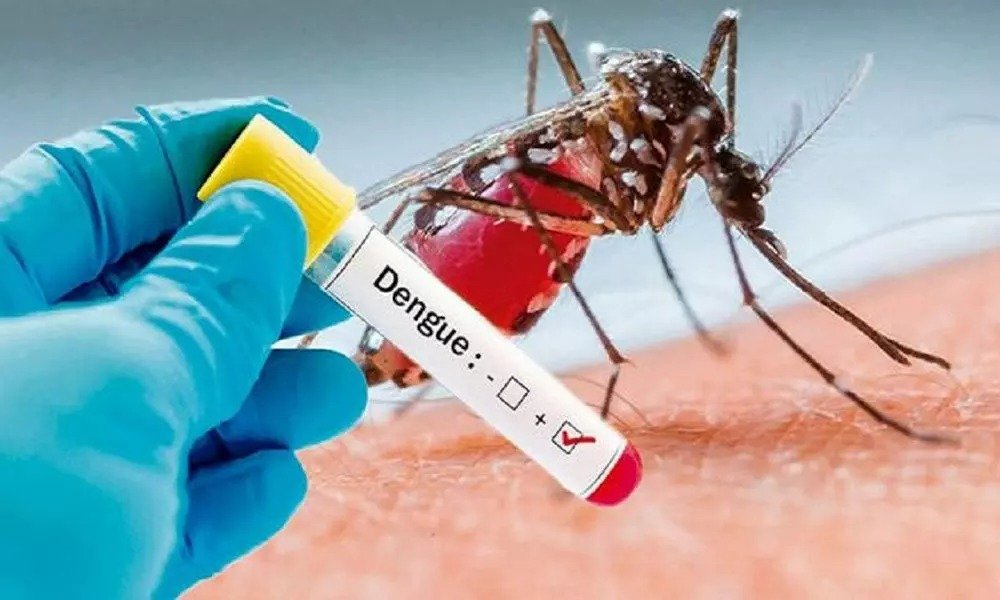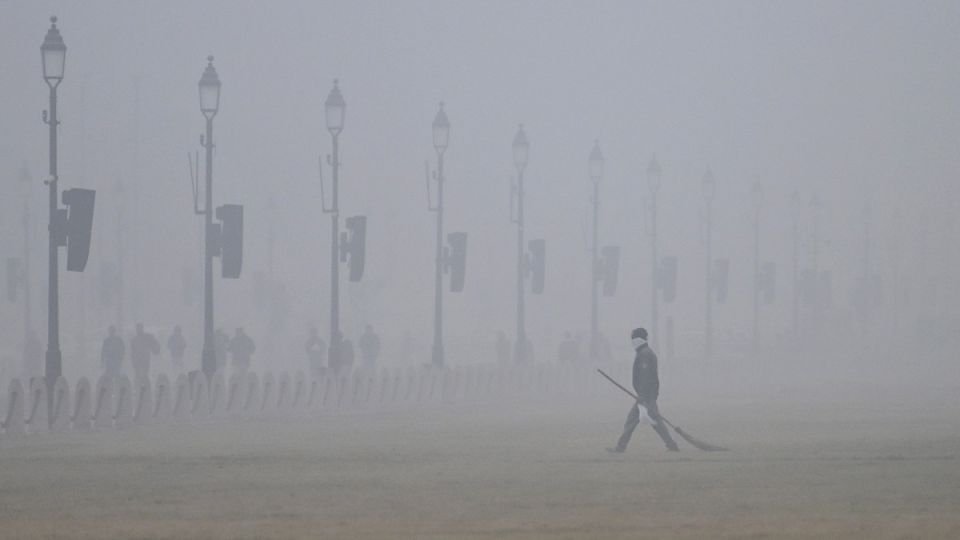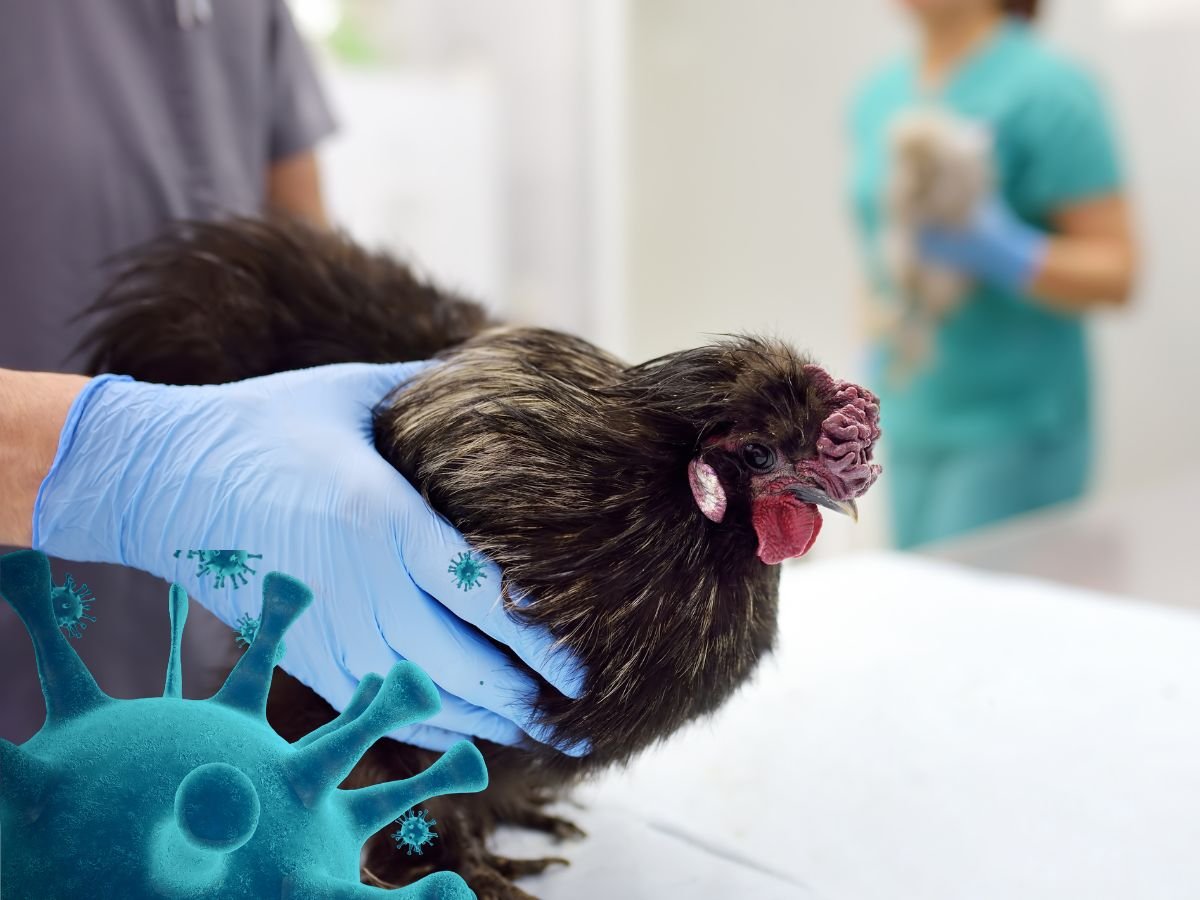New Delhi, 29 July 2025: Bengaluru is witnessing a sharp and alarming rise in dengue cases as the monsoon intensifies, sparking serious health concerns across the city. In just the last one month, over 442 cases of dengue have officially reported. According to data released by the Bruhat Bengaluru Mahanagara Palike (BBMP). Authorities are now urging residents to take immediate preventive measures as hospitals report a worrying surge in patients with dengue-like symptoms.
Dengue Outbreak In Bengaluru: What You Need To Know
The outbreak has overwhelmed several local healthcare facilities, with many wards reporting beds filling up fast. Patients, especially children and elderly citizens, brought in with high fever, muscle pain, vomiting, and rashes—classic symptoms of dengue. Doctors warn that the actual number of cases may much higher as many people avoid getting tested or fail to report mild infections.
The BBMP health department has launched aggressive vector control activities, including fumigation drives, inspections for stagnant water, and awareness campaigns in high-risk zones. They’ve also issued a list of dos and don’ts to help citizens protect themselves, including wearing full-sleeved clothing, using mosquito repellents, and ensuring there’s no water stagnation around homes and offices.
Officials have identified the East, Mahadevapura, and South zones as the worst-hit areas, with schools and residential colonies seeing frequent infections. “We’re intensifying our mosquito control efforts in these regions and appealing to residents to cooperate by not allowing water to stagnate in pots, tanks, tyres, or garbage,” said a senior BBMP officer.
What Is Triggering Dengue Outbreak In India?
Experts attribute the spike to heavy rains, poor waste management, and urban crowding—creating the perfect environment for mosquito breeding. In some areas, construction sites and uncovered drains have also turned into breeding grounds for the Aedes aegypti mosquito, the primary carrier of the dengue virus.
The BBMP has advised people not to ignore early symptoms of dengue and seek prompt medical attention. Severe dengue can lead to internal bleeding, organ failure, or even death if not treated in time. Public health officials are also closely monitoring the situation to prevent further spread and ensure adequate medical support is available.
The city’s residents asked to stay vigilant and follow all recommended safety measures to curb the spread before it turns into a full-blown crisis. As the monsoon continues, authorities fear the numbers may rise further in the coming weeks unless urgent preventive steps are taken.















Leave a comment